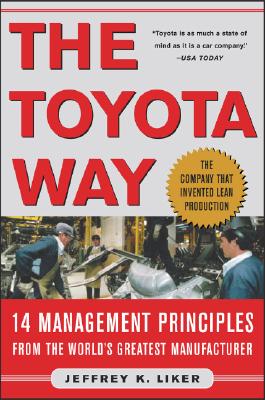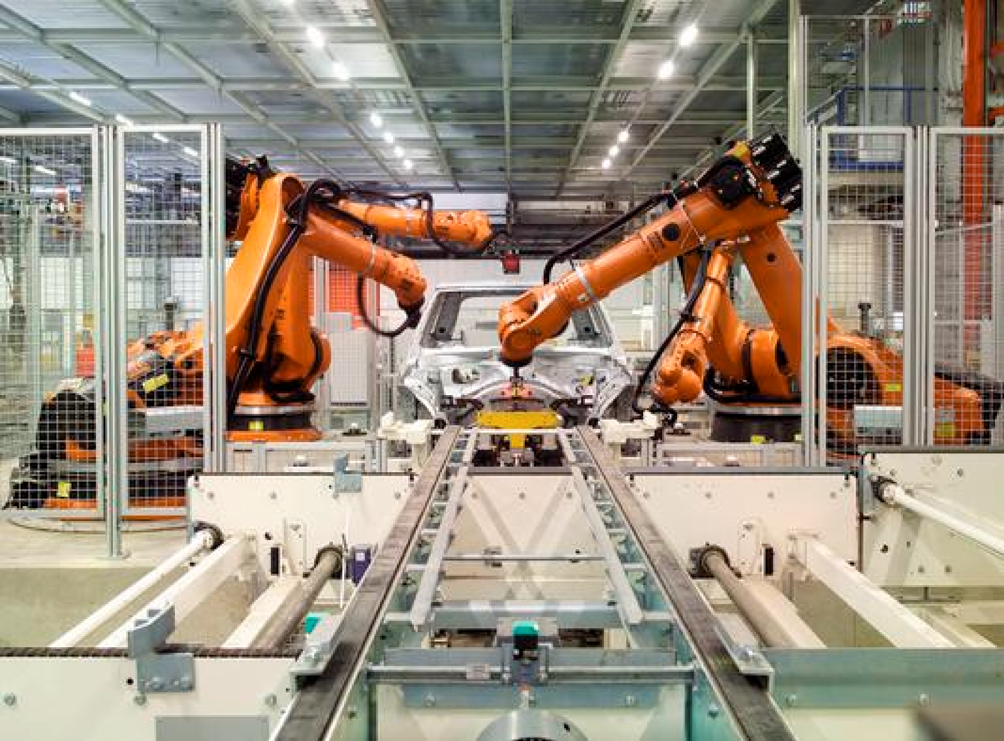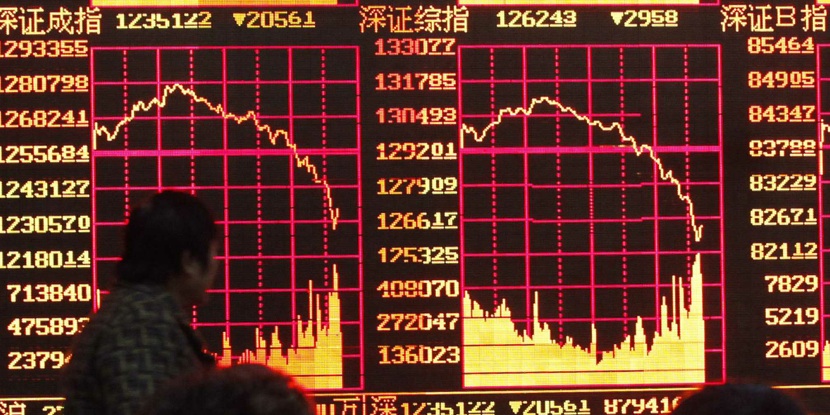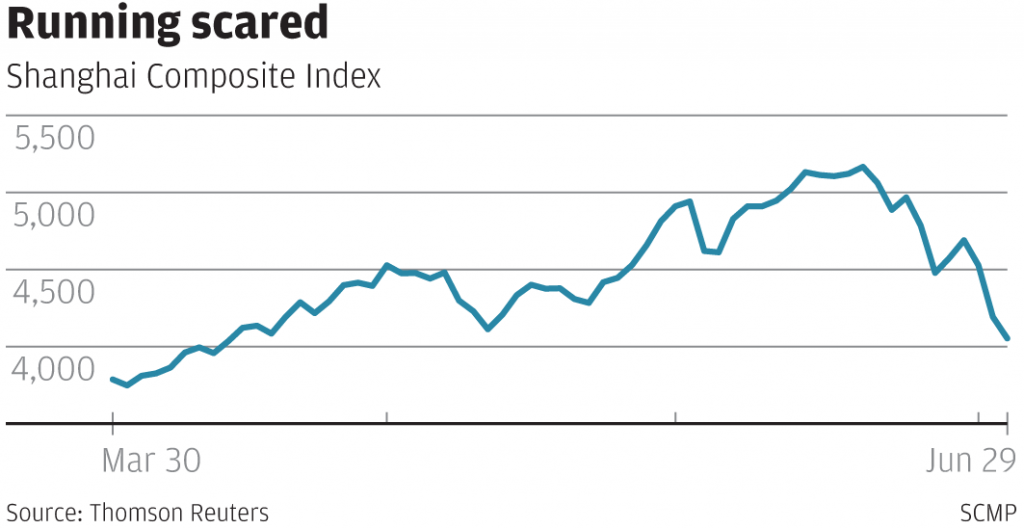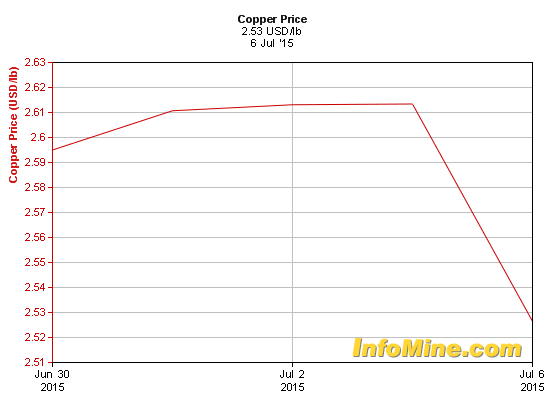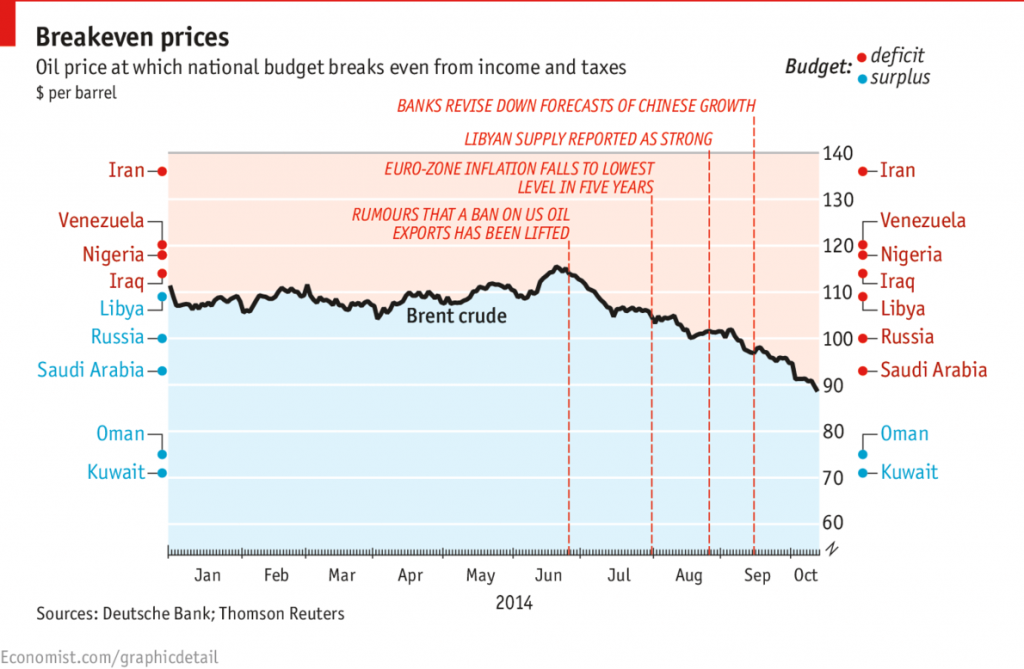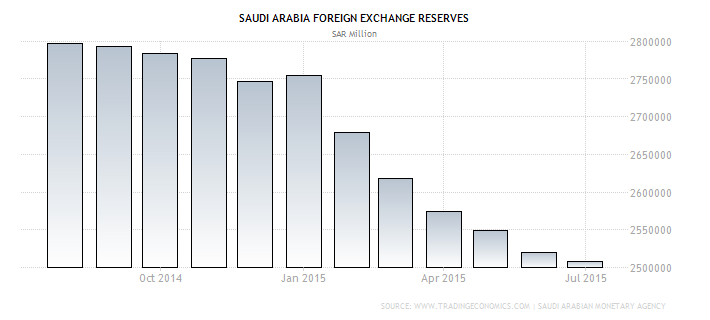What do you do when your business is no longer profitable and is essentially at a crossroads? Would the words of management gurus like Peter Drucker, Philip Kotler, Porter and others still show you the light? As an article in the July-August 2015 issue of Harvard Business Review, “Break your Industry’s Bottleneck” discusses, a business may need to look beyond established management theories and past experience to break through the different hurdles that they face.
The concepts discussed in the above article have already been implemented in many business models. To illustrate: The citizens of Clifton in the United Kingdom, who had traverse 20 kilometres to the nearest grocery store after their local store shut down now have a giant vending machine in their town that saves them the time and effort.
Adapting by innovation is not a new concept. Henry Ford’s assembly lines for the Model T were revolutionary for that era. The Toyota Production System and Just in Time inventory systems were adapted by many industries to survive the vagaries of business. Thus, the key to survival stills seems to be in thinking “out of the box” and innovating to tread new paths.
Bibliography
Ersek, Barett, Eileen Weisenbach Keller, and John Mullins. “Break Your Industry’s Bottlenecks.” Harvard Business Review. Harvard Business School, 01 July 2015. Web. 04 Oct. 2015.
“Toyota Production System.” Toyota Global Site. Toyota, n.d. Web. 04 Oct. 2015.
“Management Gurus.” BBC World Service. BBC, 11 Oct. 2001. Web. 04 Oct. 2015.
“Vending Machine Replaces Grocery Stores in English Town.” NBC Bay Area. NBC, 23 Mar. 2014. Web. 05 Oct. 2015.
Images
Breaking the Bottleneck. Digital image. Quality Digest, n.d. Web. 04 Oct. 2015.
Digital image. Above the Crowd. N.p., n.d. Web. 04 Oct. 2015. <http://abovethecrowd.com/wp-content/uploads/2012/03/innovation.jpeg>.
The Toyota Way. Digital image. Matthrivnak, n.d. Web. 04 Oct. 2015.


